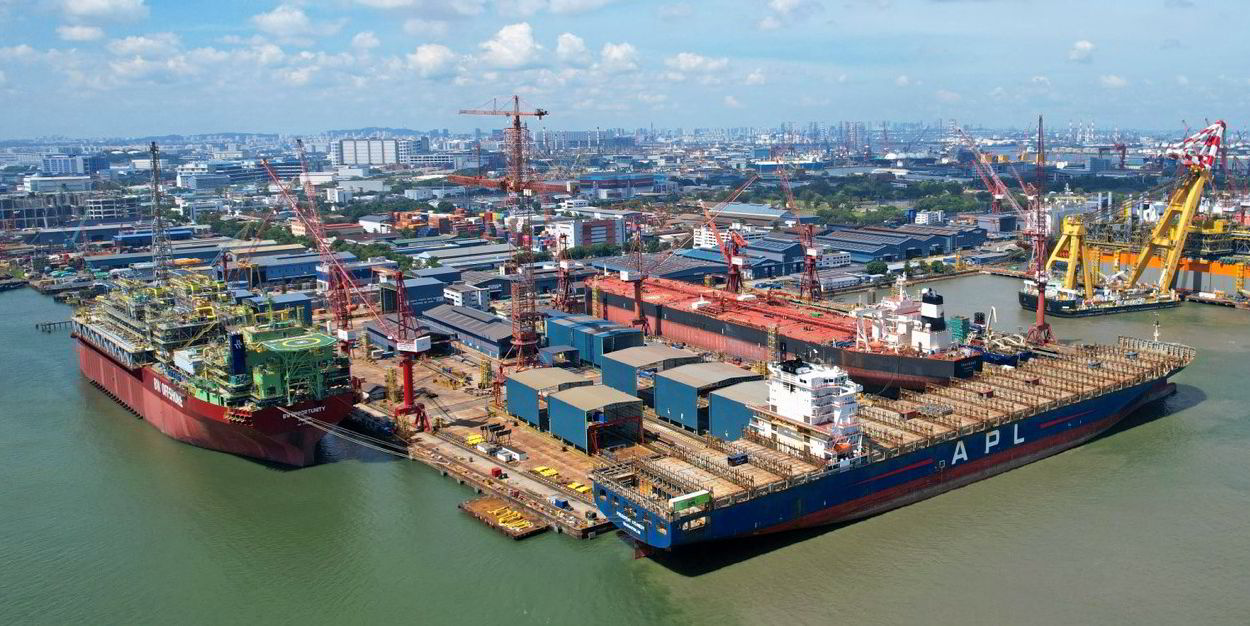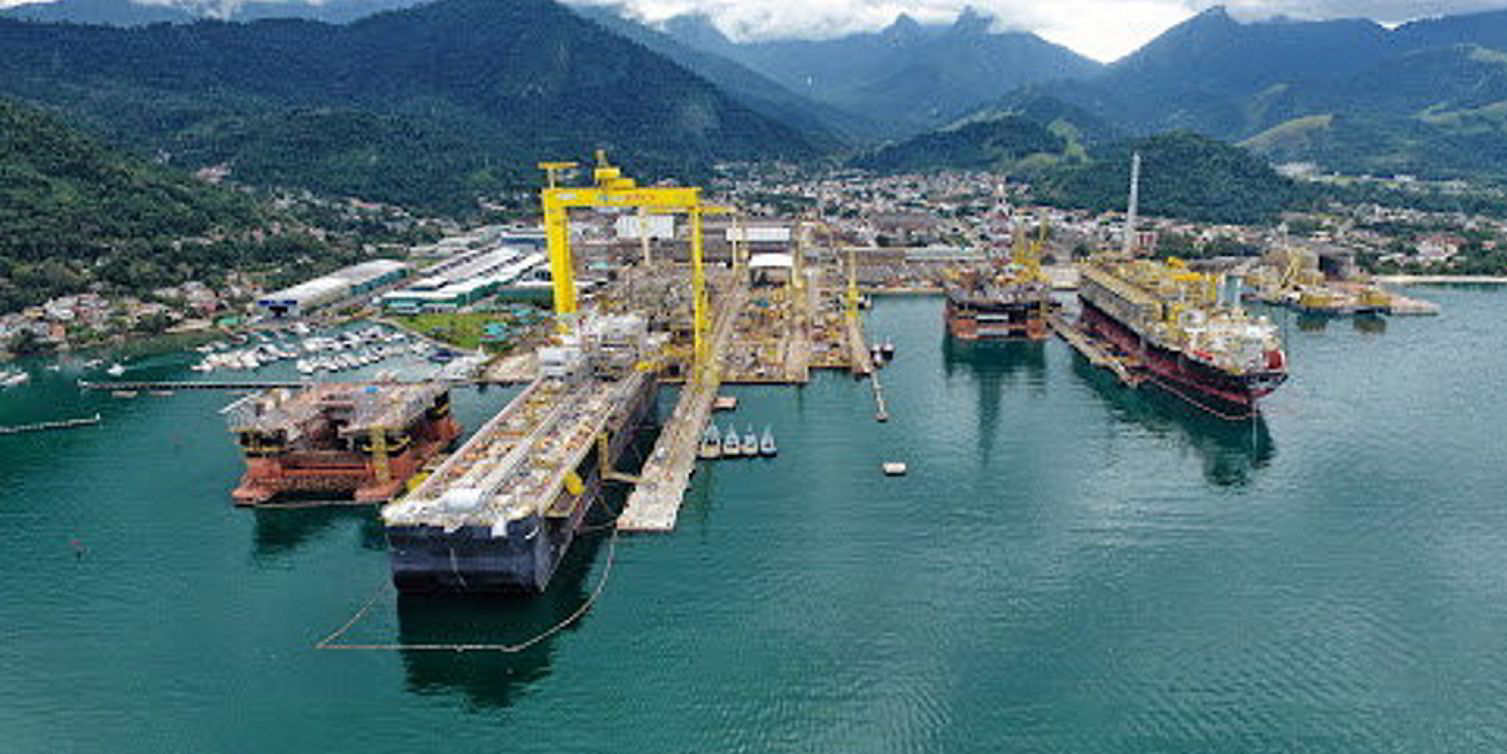Singapore’s Keppel Corp has secured a second floating production, storage and offloading vessel newbuilding contract from Brazil oil major in a deal worth $2.8bn.
The P-83 FPSO is scheduled for delivery in the first half of 2027 and is a repeat order of the P-80 FPSO that Keppel secured in August this year.
The contract will be on progressive milestone payments and adds approximately SGD 3.8bn ($2.65bn) to Keppel Offshore & Marine’s orderbook, bringing it to about SGD 11.8bn.
“It will build on the synergies reaped from the P-80, including adapting the design and engineering as well as leveraging economies of scale in the procurement of materials,” Keppel said.
The fabrication of the topside modules will be replicated across Keppel O&M’s facilities in Singapore, China and Brazil, while the construction of the hull and accommodation module will be done by CIMC Raffles in China.
Integration of the separate components will be carried out in Singapore, with the final phase of offshore commissioning works undertaken by Keppel O&M when the FPSO arrives at the Buzios field.
The P-83 will be the third FPSO that Keppel O&M is building for Petrobras for the Buzios field with the group already working on the P-78 FPSO which was awarded in May 2021.
It will have a production capacity of 225,000 barrels of oil per day (bopd), a water injection capacity of 250,000 bpd, 12m cubic metres of gas processing per day and a storage capacity of 2m barrels of oil.
Keppel O&M chief executive Chris Ong said the company will be able to draw insights from the first of its newbuild FPSOs, the P-78, which is said to be progressing well.
“As the P-83 and P-80 are identical units, greater economies of scale and productivity gains can be expected as we are able to further optimise the engineering and construction process, as well as fully leverage technology and the seamless coordination with our partners in the execution,” he said.
The P-83, P-80, and P-78 FPSOs will be equipped with green technologies such as carbon capture, utilisation, and storage (CCUS) to separate the carbon, reinject it back into the reservoir where it is stored and minimise the need for gas flaring.
The FPSOs will also feature energy recovery systems for thermal energy, waste heat and gas, as well as seawater deaeration to reduce the consumption of fuel and the carbon emissions of the vessel.
Keppel O&M said it has delivered a significant number of projects for Brazil and Petrobras over the years, including FPSOs, production platforms, floating storage regasification units, drilling rigs and accommodation vessels, to support Brazil’s energy infrastructure.
BrasFELS, Keppel O&M’s yard in Angra dos Reis, Brazil is currently also undertaking integration and fabrication work for two other FPSOs that will operate in the Sepia and Buzios fields.





